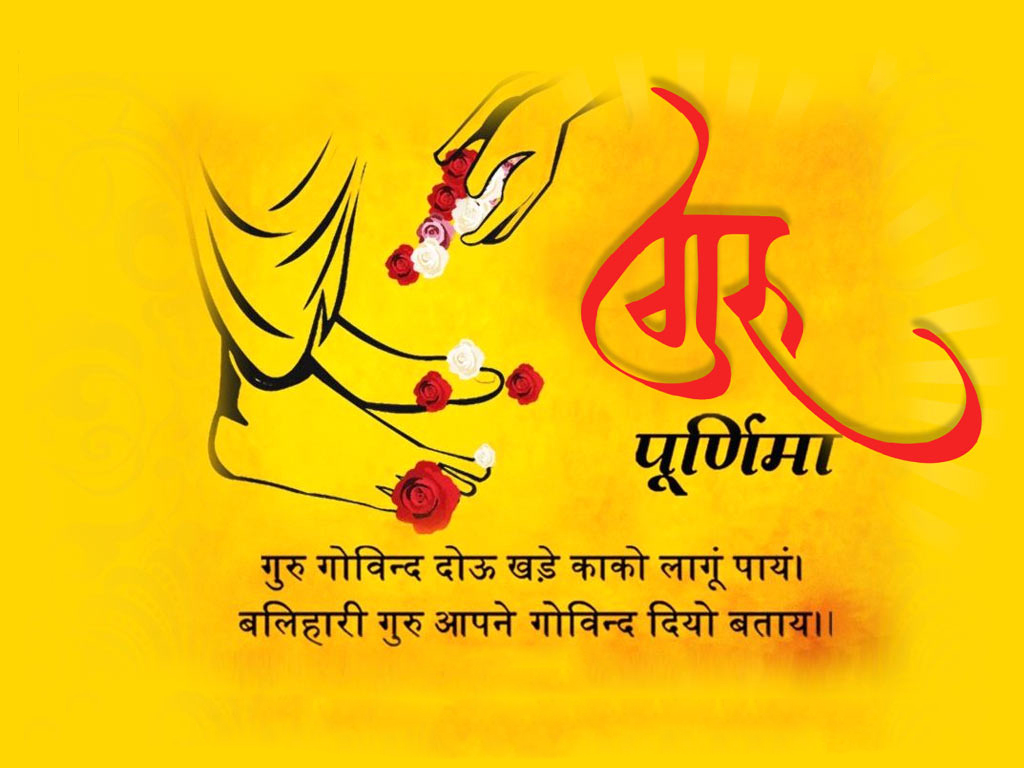Guru Purnima is a festival celebrated in India to honor and show respect to spiritual and academic gurus. It is a day dedicated to expressing gratitude towards the gurus and acknowledging their significance in our lives.
In the formation of our lives as human beings, gurus play a vital role.
It is believed that we should maintain a sense of gratitude towards the gurus who have contributed to our development, and Guru Purnima is celebrated as a day to express that gratitude.
According to the tradition of Hindus, Guru Purnima is observed on the full moon day (Purnima) of the month of Ashadha.
This festival usually falls in the months of June or July. This year, it falls on the 3rd of July, which is a Monday. According to the Hindu calendar, the period of Purnima begins at 8:20 PM on the 2nd of July and ends at 5:08 PM on the 3rd of July.
Gurus hold a revered position.
According to mythological beliefs, Guru Purnima is celebrated as the birth anniversary of the author of the Mahabharata, Ved Vyasa. In his honor, this day is also known as Vyasa Purnima.
It is mentioned in the scriptures that on the day of Guru Purnima, Maharishi Ved Vyasa composed the four Vedas, which is why he is called Ved Vyasa.
In India, the role of gurus has been significant since ancient times. Whether it is an ancient civilization or the modern era, the role of gurus has been considered important in the construction of society. Sant Kabir Das also portrayed their role in a simple and profound manner through his couplets (dohas).
In his couplets, Sant Kabir Das exalted the significance of gurus. He writes:
गुरु गोविंद दोऊ खड़े, काके लागूं पांय।
बलिहारी गुरु अपने, गोविंद दियो बताए।।
So, if Guru and Govind (God) are standing together, whom should one pay homage to – the Guru or Govind?
The answer is provided in the next line. It states that in such a situation, one should bow down to the feet of the Guru because it is through their knowledge that one attains the blessed opportunity to see Govind (God).
Kabir Das explains the glory of the Guru through another couplet. He writes:
गुरु बिन ज्ञान न उपजै, गुरु बिन मिलै न मोष।
गुरु बिन लखै न सत्य को, गुरु बिन मिटै न दोष।।
In this couplet, Kabir Das conveys to common people that without the Guru, knowledge does not arise. Without meeting the Guru, no liberation is attained.
Until one receives the grace of the Guru, they remain trapped in the darkness of ignorance, entangled in the bonds of illusion and delusion, and do not attain liberation. Without the Guru, one does not recognize the distinction between truth and falsehood, and they lack the knowledge of what is right and what is wrong.

